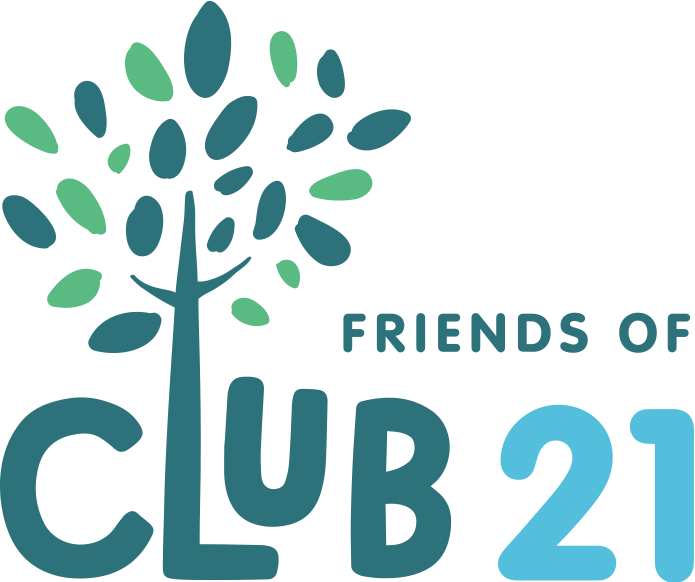Down syndrome is a genetic chromosomal variation. Each cell in the human body has 23 pairs of chromosomes. In people with Down syndrome, the 21st pair has an extra chromosome. The medical term for this is Trisomy 21. Approximately 1 in every 733 live births, regardless of race, nationality, religion or socio-economic status is affected by Trisomy 21. Nothing that a parent did or did not do during the pregnancy causes a baby to “catch” this condition.
Down syndrome is named after Dr. John Langdon Down, an English physician who first documented the consistent features of Down syndrome in 1866. The extra genetic material in people with Trisomy 21 causes changes in the typical development of the body and brain, as well as the physical characteristics and delays in physical, intellectual and language develpment.
